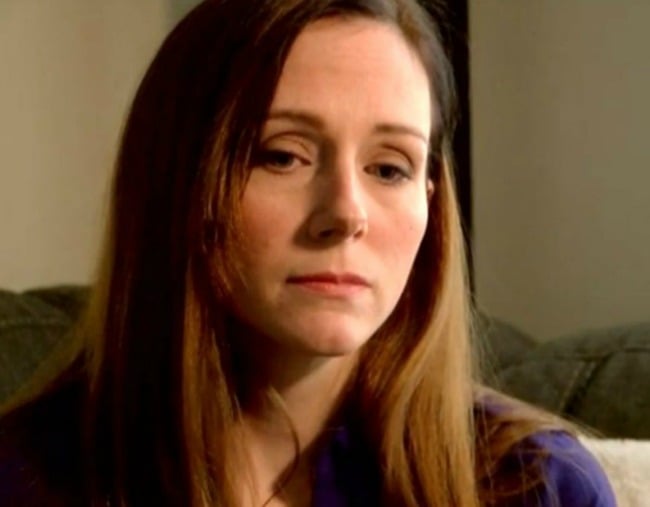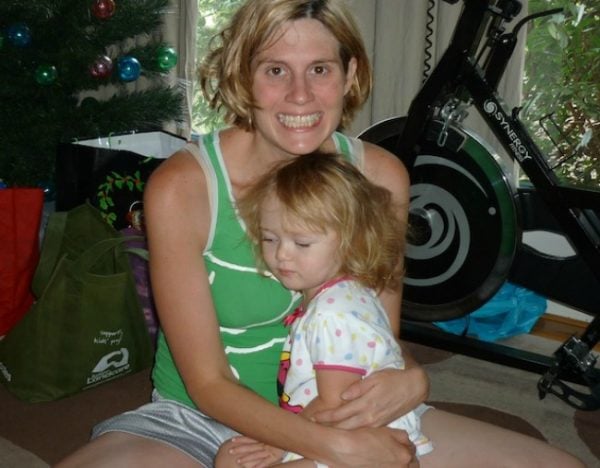
Brooke Fiske and Sikander Imran had been seeing each other on-and-off for about three years when she discovered she’d fallen pregnant.
The timing wasn’t great for the couple. Imran, a doctor, had just moved from Rochester, New York, to Arlington, Virginia, about six hours away for work.
But life, as it so often does, can take you on many twists and turns. This was one of those moments, and Fiske was intent on keeping their child.
So, in May last year when she was 17 weeks pregnant, Fiske decided to hit the road to visit Imran and nut out how they would raise their baby.
As they sat together in the evening drinking tea at Imran’s home, Fiske noticed something unusual in her mug.
“I got to the bottom of the cup. There was a gritty substance in there and when I looked at it, I could tell that it was a pill that had been ground up,” she told WROC in December 2017.
Hours later, Fiske was having contractions. She was suddenly going into premature labour.
“He [Imran] immediately started crying and said that he was a horrible person and that he had done what I thought he did,” Fiske said.
Fiske said Imran had previously tried to talk her into having an abortion. She realised he’d now taken matters into his own hands, slipping an abortion pill into her drink knowing it would cause her to miscarry.
Fiske was rushed to hospital. But it was far too late. She lost her unborn child.
Tests found the pill ‘Misoprostol’ in her system – about four times the prescribed amount, Fiske said.


Top Comments
Hes a dick that should have been using precautions to ensure that his girlfriend didn't fall pregnant.
More content like this please.